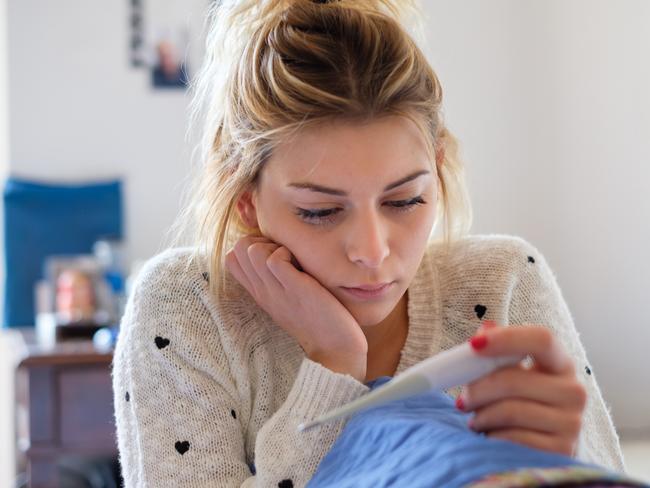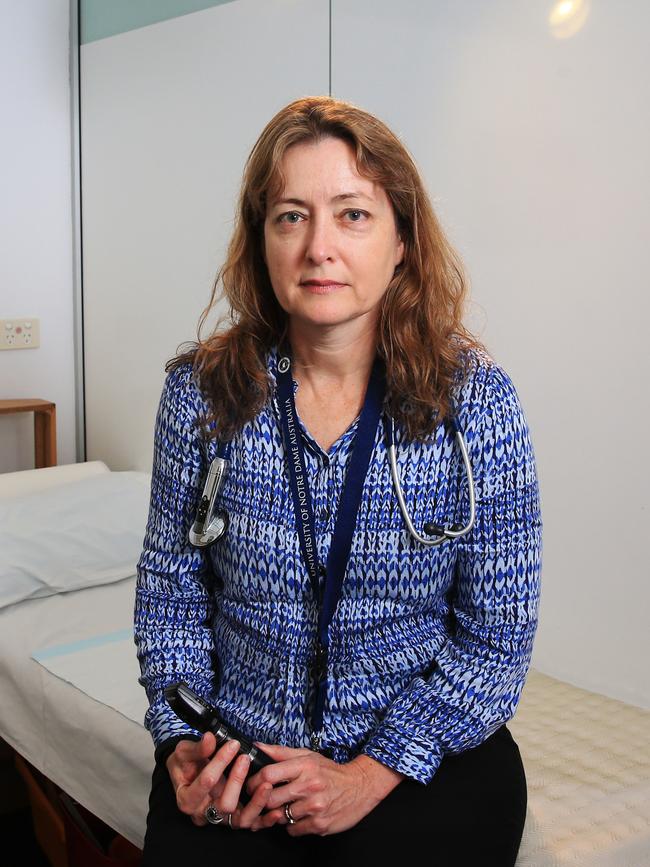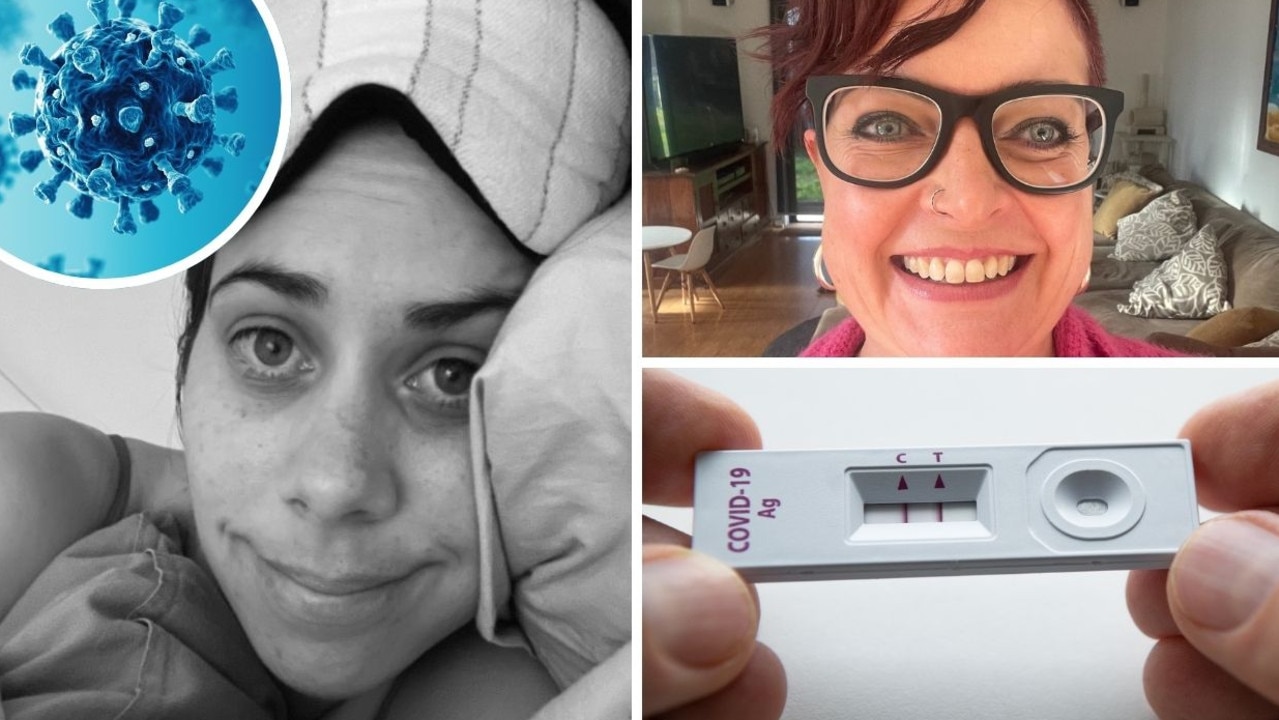Does a spike in sales of pregnancy test kits mean a COVID-19 baby boom is on the way?
Pharmacies are recording a big spike in sales of a number of pregnancy-related items, including home testing kits. Is a COVID-19 baby boom on the way?

Coronavirus
Don't miss out on the headlines from Coronavirus. Followed categories will be added to My News.
Pharmacies are reporting a spike in sales of home pregnancy test kits, suggesting the nation could be heading for a COVID-19 baby boom in early 2021.
Chemist Warehouse chief operating officer Mario Tascone told News Corp the trend in sales of home pregnancy test kits started in mid May.
“In the last few weeks the increase is over 33 per cent – so a very significant rise in sales when you consider baseline sales in general retail is pretty much flat due to COVID-19,” he said.
Sales of ovulation tracking kits had also been rising, Mr Tascone said.
A spokesperson for TerryWhite Chemmart confirmed sales in a number of key pregnancy lines had increased over the past few months, particularly home testing kits and iron tablets.

Predictions about COVID-19’s effect on the birthrate have varied widely, with some suggesting the enforced lockdown would lead to a baby boom, and others saying the uncertainty generated by the virus would prompt many couples to delay or even abandon plans to have children.
Research undertaken by demographer Dr Liz Allen from the Australian National University showed that people were less likely to have children in uncertain times.
“A baby boom is unlikely to happen during the COVID-19 crisis. After severe events, we tend to find a decline in births – we don’t see a boom,” she wrote in a paper in March.
The spike in sales of home-based pregnancy test kits could indicate that Australian women are avoiding seeing their GPs due to the fear of exposure to the coronavirus, Dr Allen said.
Professor Marian Baird from the Women and Work Research Goup at the University of Sydney said the increase in sales might also indicate an increase in anxiety among Australian women about falling pregnant, rather than an increase in pregnancies per se.
Dr Charlotte Hespe, a director of the Royal Australian College of General Practitioners, said many women and couples had been wanting to put off their plans to have children.


“People have been saying ‘I don’t know if I want to be pregnant and having a baby during this time, that’s too scary,” she said. But the lockdown also opened up “plenty of opportunity for unplanned or less-planned pregnancies,” with some couples suddenly moving in together, and others not having access to contraceptives.
With as many as one in five pregnancies miscarrying – possibly even more – the only proof of a change in the birthrate would come in six to nine months, Dr Hespe said.
Australia’s fertility rate was 1.74 babies per woman in 2018, according to the ABS. The level considered necessary to replenish the population is 2.1 – a level Australia has not been at since 1976.
Prof Baird said a fall in the birthrate would lead to two immediate problems.

“First, it leads to a fall in population, which leads to a fall in GDP, as you just don’t have as much being produced and consumed in the whole economy. Second, it leads to a fall in labour market supply over a longer time and countries like Japan, Singapore and South Korea are in that position now and they’re in very difficult straits.”
The growth of the economy is linked directly to the size of the population and the growth of the population, Prof Baird said.
“When you have a falling birthrate, governments need to look around for an alternative source of population and that is immigration, so it brings into tension very quickly the immigration debate again,” she said.
Originally published as Does a spike in sales of pregnancy test kits mean a COVID-19 baby boom is on the way?


